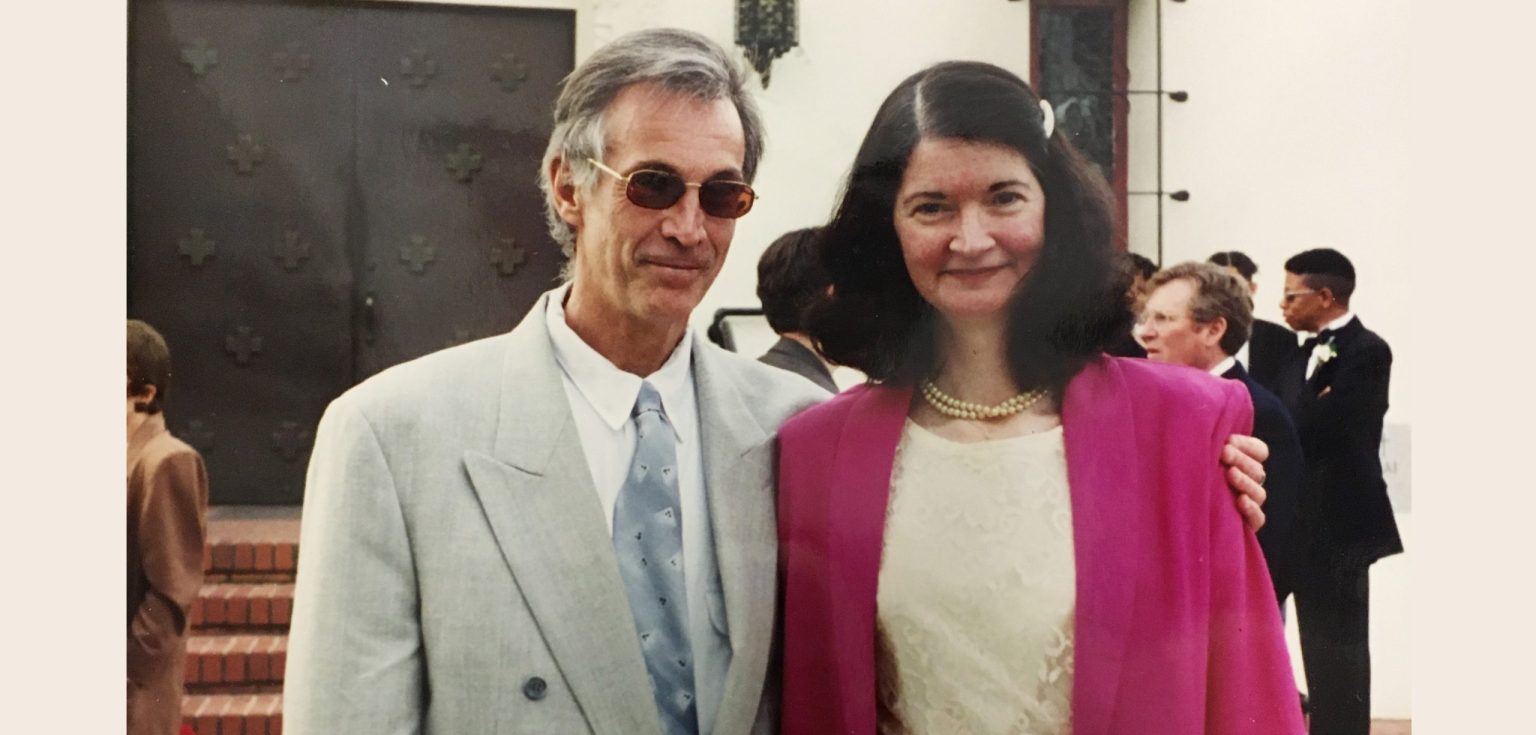That’s just the kind of fund Sgt. Joseph Collins would have wanted to support, according to his sister.
Margaret Collins, M.D., TMC ’72, recently supported the fund by donating $25,000 from a life insurance annuity that Joseph left behind when he died in 2001. Recalling what he and their brother, John, went through after serving in the Vietnam War, she said today’s veterans “shouldn’t be burdened with not having what the government promises to give them. That’s just not right.”
Still, it happens with some regularity, said Matthew Butler, PCS ’17, senior director of military and veterans’ services at Fordham.
Student Vets on Tight Budgets
The government’s Post-9/11 G.I. Bill payments can be delayed or scheduled to arrive after the bills are due, causing headaches for student veterans who often have “very little margin of error” financially and have to make difficult choices as a result, Butler said.
“We’ve seen a few students that have made those decisions between getting a MetroCard or putting food on their table for the family,” he said.
The emergency fund offers student vets microloans or emergency grants. It’s one fundraising effort launched last year as part of the yearlong celebration of 175 years of military training at Fordham. The fund dovetails with the student wellness and success priority of the University’s $350 million fundraising campaign, Cura Personalis | For Every Fordham Student.
Collins said her brother would have been pleased to help veterans, including those “who are trying to complete a college education and to begin a second career, and who can add so much, and do add so much, to our society.” She is also funding a scholarship for student veterans in Joseph’s name.
Lives of Service
Joe Collins served with “Dustoff” helicopter crews that evacuated the wounded from combat zones, and his brother, Capt. John Collins, M.D., FCRH ’55, served as an Army surgeon and head of a surgical research team.
Both suffered post-traumatic stress, Joe to a greater extent, and came away from the war anguished at how it was being conducted, said Collins, a pediatric pathologist at Cincinnati Children’s Hospital Medical Center.
The siblings grew up in the Bronx. Joe graduated from Fordham Preparatory School and briefly attended Fordham University before he was drafted into the Army. He later earned his bachelor’s and master’s degrees from Lehman College after retiring from the Army around 1990 and worked as a teacher in Brooklyn and in San Francisco.
During his time in Vietnam, John Collins, who died in 1992, made discoveries that improved treatment of wounded soldiers—finding that the practice of adding bicarbonate to banked blood supplies could be harmful, and also showing the need to address respiratory distress, or “shock lung,” when treating traumatic injuries.
In separate conversations with her, Collins said, her brothers each hailed the other’s courage: John praised Joe for traveling in helicopters that landed in combat zones, and Joe commended John for riding with ambulance crews to reach wounded soldiers sooner, even though the ambulances were “sitting ducks” in the exposed plains around Saigon.
Hearing them talk, “I decided that a hero is the guy who always sees that somebody else did more,” she said. “Somebody else had more danger. Somebody else really braved it.”
Learn more here about Fordham’s services and supports for student veterans and military-connected students.
To inquire about giving in support of student veterans at Fordham, please contact Patrick Russell, director of development, at prussell9@fordham.edu. Learn more about Cura Personalis | For Every Fordham Student and make a gift.

